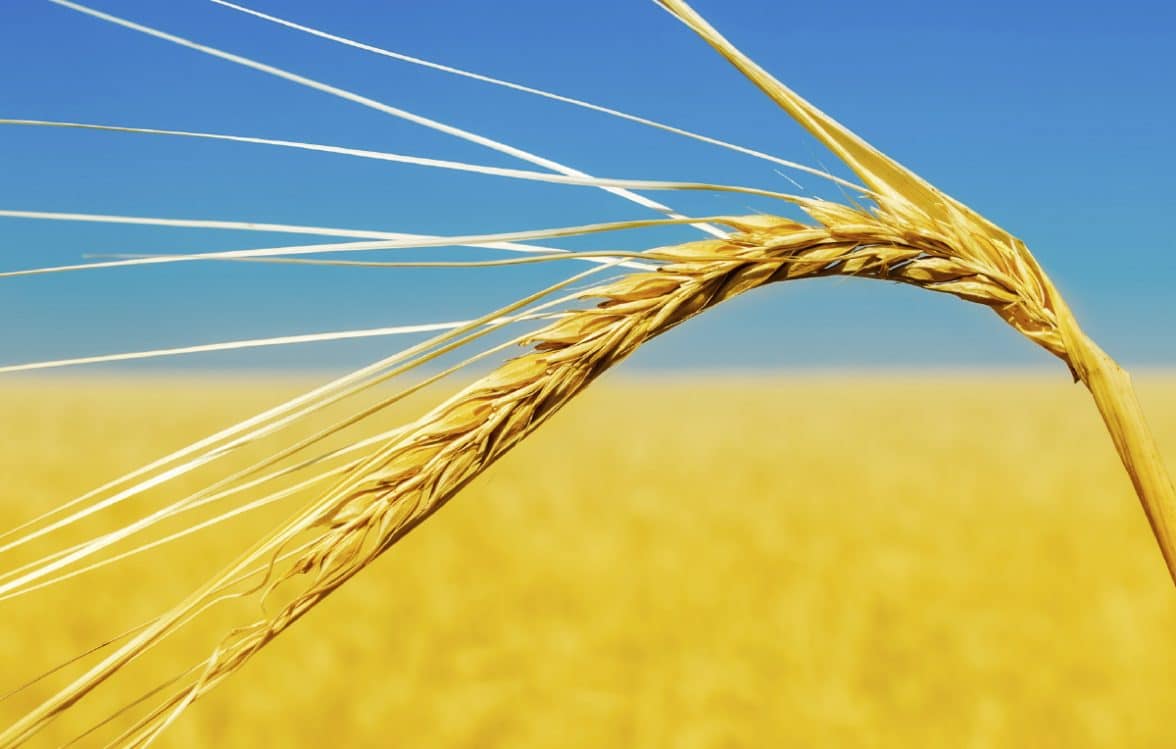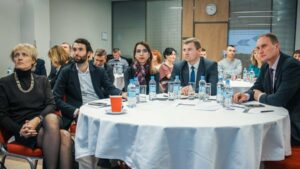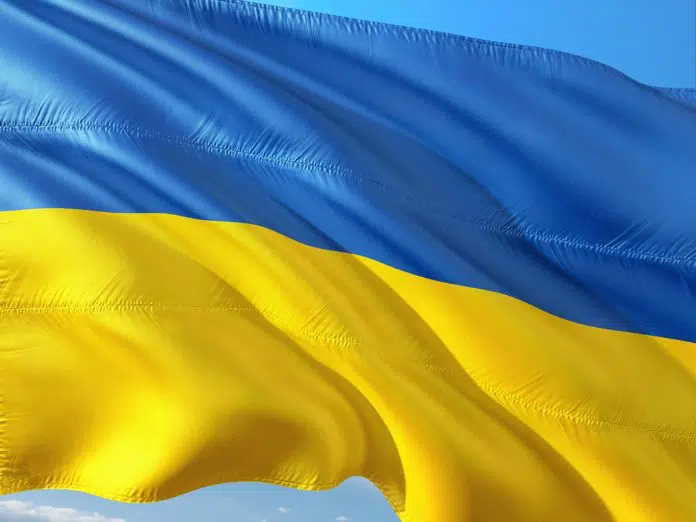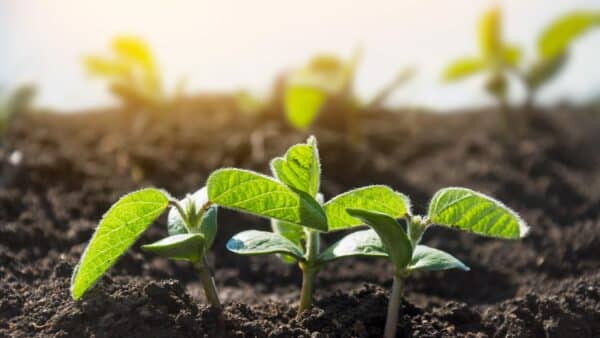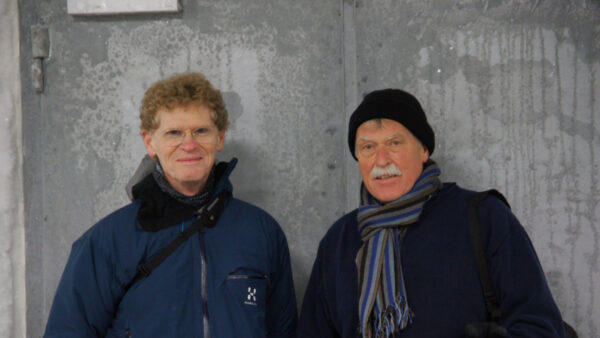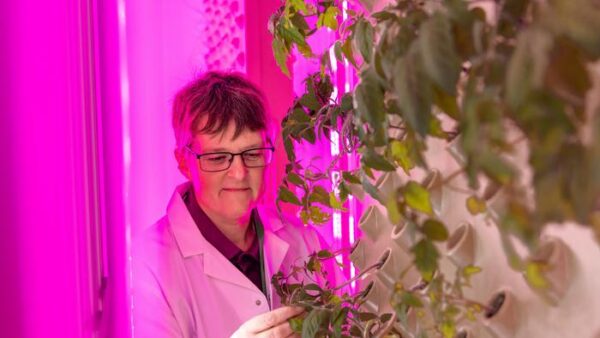On the Road to Integration – Plant Breeders’ Rights.
Plant breeders’ rights (PBR) in Ukraine are governed by national law and regulations in line with the UPOV Convention. The Ukrainian PBR certificate is called a patent (not to be confused with patents for inventions). In recent years, Ukraine has been actively aligning its legislation, including surrounding PBR, with European Union standards as part of its broader integration efforts. The Ukrainian PBR system closely mirrors the European system, requiring plant varieties to meet novelty, distinctiveness, uniformity and stability (DUS) criteria. The system requires breeders to engage in a formal application process, followed by two years of official DUS field trials (or less in case of sterile analogues of already examined fertile lines). Positive field trial results lead to the granting of a PBR patent, which affords protection for 25 years for the majority of species and 30 years for vine, woody and some other species, with the option to extend for up to five years. Confidentiality of all sensitive data, such as breeding schemes, as well as a strict no unauthorized access policy for propagating material is assured. Between the point of application and an official PBR decision being made, temporary protection is granted. Patent granting in Ukraine ensures breeders’ exclusive rights to control the commercial use of protected varieties, their import/export and their production and distribution. It also safeguards breeders from the unauthorized use of the protected varieties and offers financial gain through licensing and royalties as well as payments for use of farm-saved seeds.
Well Defined Structure
The system of official authorities in this sector is well structured. The Ukrainian Ministry of Agrarian Policy is responsible for accepting applications and granting PBR patents while field trials are duly held by the examination authority: the Ukrainian Institute for Examination of Plant Varieties. The State Service of Ukraine on Food Safety and Consumer Protection performs state control for compliance with seed and plant variety rights protection legislation both for businesses and authorities. Customs Service ensures each importer of seeds of a protected variety belong to the official list of importers authorized by that variety’s breeder, helping prevent unauthorized import of such varieties.
Major Regulatory Changes

In June 2023, despite the unprovoked Russian aggression against Ukraine, significant regulatory changes took place in the Ukrainian seed sector, including within PBR protection. As a result, some of the key definitions and notions like “breeder”, “maintainer”, etc. were updated, the term ‘fake seeds’ was introduced for the first time and infringement liability was significantly increased. The application and decision-making processes were redrafted to be more simplified and less time-consuming.
The process of listing and patenting varieties in Ukraine is generally clear and efficient. Adoption of digitalization by the examination authority some years ago, with application results now visible through each applicant’s ‘e-Cabinet’, has significantly enhanced transparency and traceability in the processes. Thanks to further legal improvements, we anticipate a gradual shift away from paper forms.
Recent changes also introduced the possibility to market non-registered varieties. This requires the completion of an application under authorization from the Ministry, similar to how the EU system functions. For now, this option is limited only to vegetable varieties in Ukraine.
The Registration of Parent Lines
Changes in terms of parent components are mostly welcomed by breeders as they are their main intellectual property assets. The requirement for parent components in DUS testing of hybrids in Ukraine has now been significantly reduced. Registration of parent components on the National List is no longer compulsory. Still, to import parent components to produce hybrids, the parents should be present at least on the Patent List of Ukraine. National Listing remains necessary only in cases of planned commercialization of such parent components. In case of production for export, breeders might also get authorization under the OECD multiplication abroad procedure, which in Ukraine was improved with the abovementioned legislation changes.
Major Benefits for EU Seed Companies
Without any doubt, the key change for European seed companies in Ukraine’s regulations is the acceptance of varieties listed in the European Union onto the Ukrainian National List without field trials. This significant political decision of the Ukrainian government, decided as a way to support integration in the European Union, enables Ukrainian farmers to have access to the newest varieties simultaneously with their European counterparts, benefiting both European seed companies and Ukrainian farmers.
Still, this positive change results in a two-year gap between gaining National Listing and being granted a PBR patent. The Seed Association of Ukraine is currently in negotiations with the Ministry to explore potential solutions, such as implementing the DUS take-over results mechanism as outlined in Ukrainian legislation.
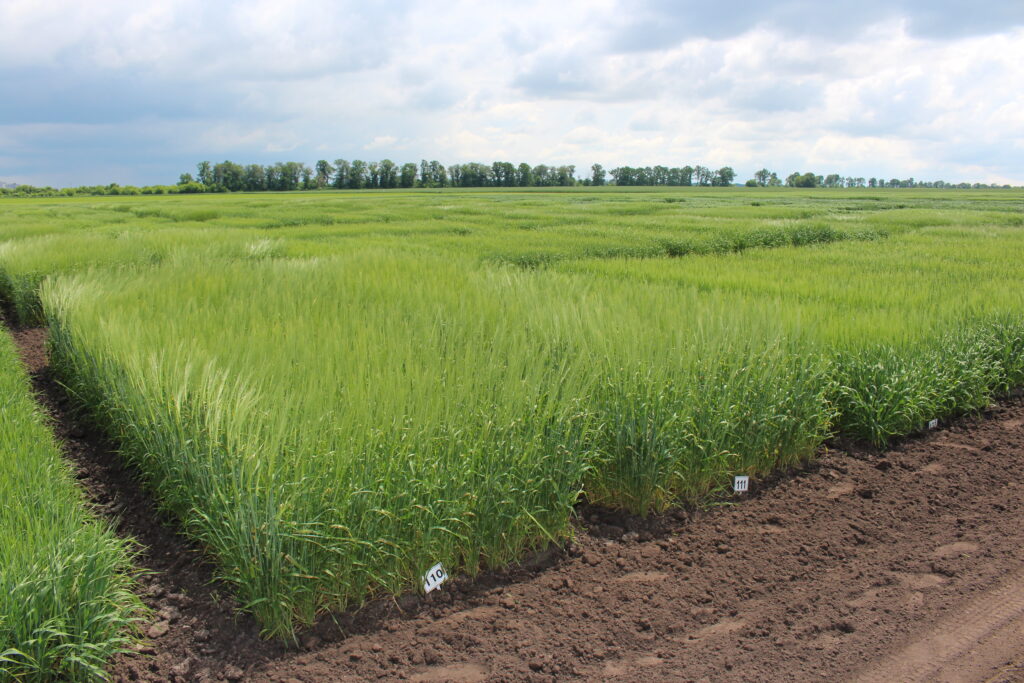
Still Room for Improvement
While there is always room for improvement, progress has been hindered by the aggressive war. Certain projects have been put on hold, including the development of a well-functioning Farm Saved Seeds (FSS) system, despite the fact that a detailed legal framework based on European regulations was adopted by Ukraine’s government several years ago. Nevertheless, we remain optimistic that this initiative will materialize in the future.
Europe’s Best Practices in the Seed Sector
Optimism is nourished by, among other things, the fact that Ukraine’s Ministry, examination, and control authorities are actively engaging in a collaborative dialogue with seed businesses, demonstrating a willingness to endorse and co-operate on sensible business initiatives that adhere to European best practices in the seed sector. A dedicated working group, initiated by the Ministry of Agrarian Policy and comprising experts from both regulatory authorities and the business sector, convenes regularly to address existing challenges in the seed sector. Their primary focus is on enhancing legislation to establish a highly favorable system for breeders, fostering an appealing and competitive environment. The Seed Association of Ukraine takes active part in this initiative, contributing its expertise and assistance. We are dedicated to fostering international dialogue including, as an example, by organizing exchange sessions with competent authorities from EU countries. France and the Netherlands have consistently shown responsiveness and assistance to these exchange sessions.
Optimism Prevails
Despite all the current challenges and difficulties in Ukraine, the resilience and commitment of Ukrainian authorities and stakeholders leave room for optimism regarding the future development of the country’s plant breeders’ rights framework. As Ukraine continues its aligning with European standards, the collective perseverance and dedication of key players in the plant breeding area instill confidence in the ongoing and future development of a progressive PBR system in the country.
Editor’s Note: Olga Khranovska is Regulatory Affairs Manager at Limagrain in Ukraine.


